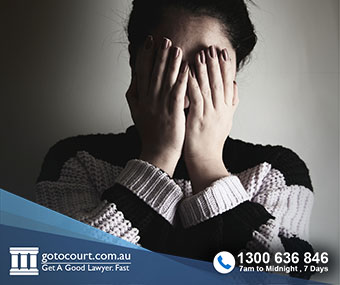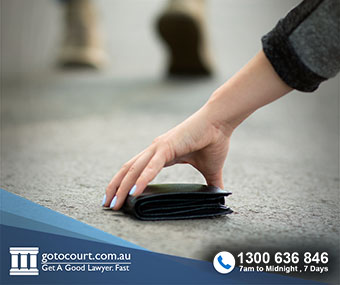Who Has Criminal Liability? (Vic)
When a crime is committed by more than one person, everyone involved can be held responsible. The principles governing criminal liability for physical acts committed by others were previously governed by the common law. They were variously called ‘acting in concert’, ‘joint criminal enterprise’ or ‘common purpose’. There was a lot of disagreement and inconsistency as to the meaning and application of these different principles. As a result of this lack of clarity, in 2014 the criminal liability of persons involved in the commission of offences was codified in Sections 323 to 324C of the Crimes Act 1958. This article outlines what must be proven to find a person guilty under these sections.
Person involved in an offence
Section 324 of the Crimes Act is a ‘catch-all’ provision designed to replace the confusing common law principles of ‘common purpose’, ‘acting in concert’ and joint criminal enterprise’. Those common law principles no longer apply. Section 324, which has replaced them, states:
- If an offence is committed, a person who is involved in the commission of the offence is taken to have committed the offence and is liable for the maximum penalty for that offence.
- A person is not taken to have committed an offence if the person withdraws from the offence.
This means that if a person is proven to have in any way participated in the commission of the offence, they have criminal liability and are subject to the same penalties as the principal offender.
How is criminal liability proven?
For a person to be found to have criminal liability under this section, the following must be proven:
- Two or more people agreed to participate in a criminal activity and the agreement remained in place at the time the crime was committed;
- The accused participated in some way;
- One or more parties performed all the acts necessary to make out the offence;
- The accused had the requisite state of mind for the commission of the offence at the time of forming the agreement.
The principal offender does not need to be found guilty of the offence in order for another person to be found guilty of being involved under Section 324.
What does ‘participate’ mean?
Section 323 of the Crimes Act defines participation in a criminal activity as including:
- Intentionally assisting, encouraging or directing the commission of the offence;
- Intentionally assisting, encouraging or directing the commission of another offence where it was probable that the offence would be carried out;
- Entering into an agreement, arrangement or understanding with one or more other persons to commit an offence;
- Entering into an agreement, arrangement or understanding with one or more other persons to commit another offence where it was probable the offence would be carried out;
For criminal liability under this section to be made out, the accused does not need to have reached an agreement with the principal (as under Section 324), but only to have encouraged or assisted the offender. Mere presence at the scene of the crime is not enough to constitute encouragement. The accused must be proven to have said or done something that can be seen as adopting or contributing to the offence.
A person can be involved in the commission of an offence by way of an act or omission. In some circumstances, such as where the accused is the parent of a juvenile offender, an omission to say or do anything to discourage the offence may be found to constitute involvement.
Withdrawing from an offence
Under Section 324(2) a person is not guilty of participating in an offence, if they have withdrawn from the offence.
Case law has established that a person effectively withdraws from a criminal agreement if:
- The person had encouraged the commission of an offence, but subsequently issued a ‘timely countermand’;
- The person had agreed to participate in an offence but communicated their intention to abandon the agreement to those who intended to pursue it in a timely manner. What is timely will depend on the facts of the case but should amount to unequivocal notice to the other party/ies that if they continue the criminal endeavour they will be doing so without the person’s support or assistance.
The withdrawal or countermand must be effective if the person is to be excused from criminal responsibility. It is not enough for the accused to have simply changed his or her mind.
Accessories
Under Section 325 of the Crimes Act, where a person has committed a serious indictable offence and another person, knowing them to be guilty of a serious indictable offence, does any act to impede the person’s apprehension, conviction, prosecution and punishment, that person is guilty of an indictable offence.
Where a person is found not guilty of an offence as a principal offender, the person may still be found guilty as an accessory provided there is proof that the offence was committed.
The legislation sets out the maximum penalty for a person found guilty as an accessory. In most cases, this is not to be more than five years imprisonment or half the maximum penalty to which the principal offender is subject. The exception to this is where the principal offender is punishable by a maximum of life imprisonment. In this case, an accessory faces a maximum penalty of 20 years imprisonment.
If you require legal advice or representation please contact Go To Court Lawyers.







